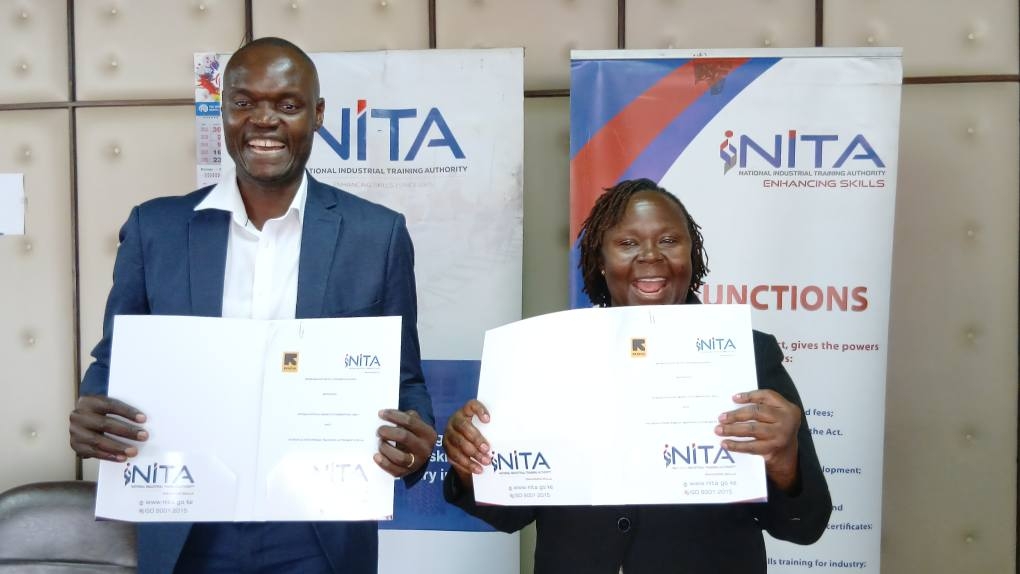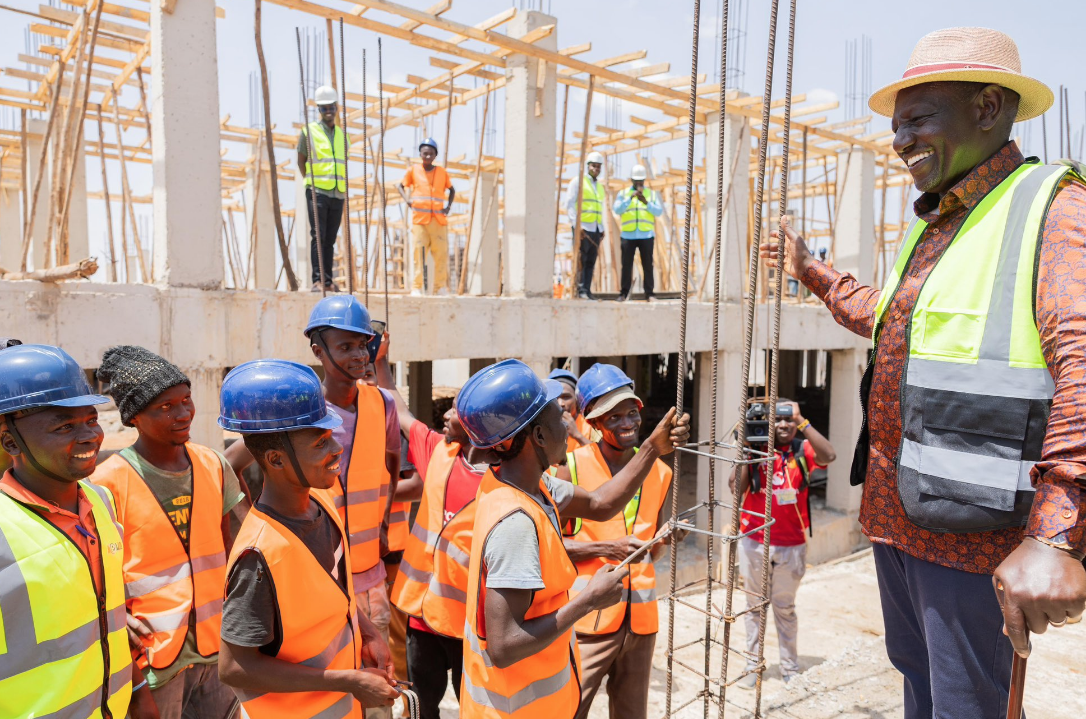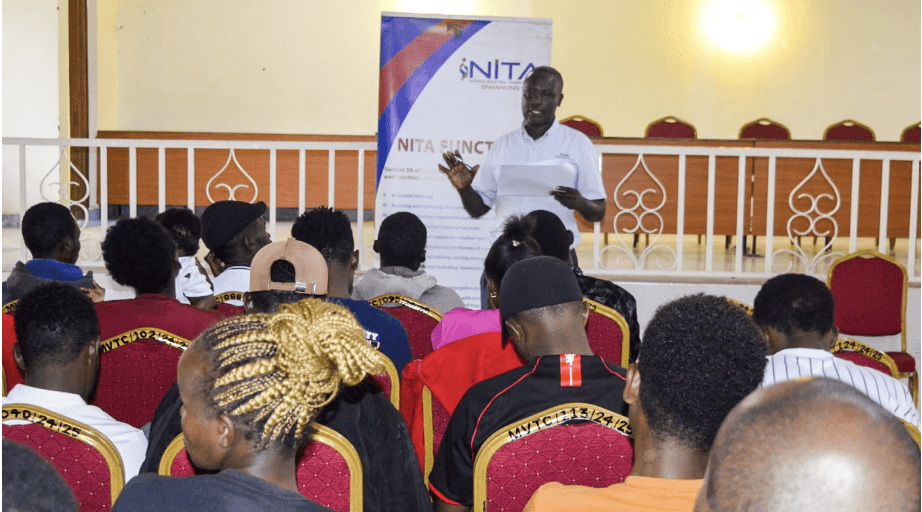

The National Industrial Training Authority (NITA) has certified 147 skilled workers under Kenya’s Recognition of Prior Learning (RPL) program.
The certification, part of the Skills Initiative for Africa (SIFA) project, recognises individuals who have gained practical expertise through years of informal work or apprenticeships but lacked formal academic qualifications.
The move marks a growing effort to formalise the country’s vast informal workforce, bridging the gap between what one knows and what one can prove.
RPL is a structured process that formally assesses and certifies knowledge and competencies gained outside traditional education, whether through informal training, apprenticeship, or hands-on work experience.
The graduates, drawn from masonry and computer repair and maintenance trades, were assessed and certified by NITA in collaboration with MDF Training and Consultancy Eastern and Southern Africa (MDF-ESA).
Out of 277 candidates assessed, 96.4 per cent were declared competent.
Speaking during the Nairobi graduation ceremony, Labour and Skills Development Principal Secretary Shadrack Mwadime described RPL as a “transformative policy tool” that acknowledges the role of informal workers in Kenya’s economy.
“This is a transformative step toward formalising the informal sector to embrace certified workers as engines of productivity and quality assurance. We are sitting on a goldmine of talent,” said Mwadime.
The initiative comes at a time when Kenya continues to grapple with high youth unemployment.
Data from the Kenya National Bureau of Statistics (KNBS) shows that 13.8 per cent of youth aged 15–24 are unemployed, while 21.7 per cent of those aged 15–34 are not in education, employment, or training — representing nearly 3.9 million young people.
The officials say the RPL model could play a critical role in reducing joblessness by linking informal skills to formal employment pathways and supporting self-employment.
Kenya’s informal sector employs over 80 per cent of the workforce, yet most workers lack formal recognition, limiting access to better jobs and training opportunities.
The RPL programme, guided by the Kenya National Qualifications Authority (KNQA) and the Technical and Vocational Education and Training Authority (TVETA), aims to change that by aligning practical skills with national qualification standards.
MDF-ESA, which co-implemented the project, provided training in work readiness and entrepreneurship to help graduates use their certification for better employment or to start their own businesses.
The success of the pilot program has prompted calls to extend the model to other trades, including plumbing, electrical work, hospitality and digital services.
NITA is expected to hold a second graduation ceremony at its Mombasa campus on October 29, where another group of skilled workers will receive their national certification.













